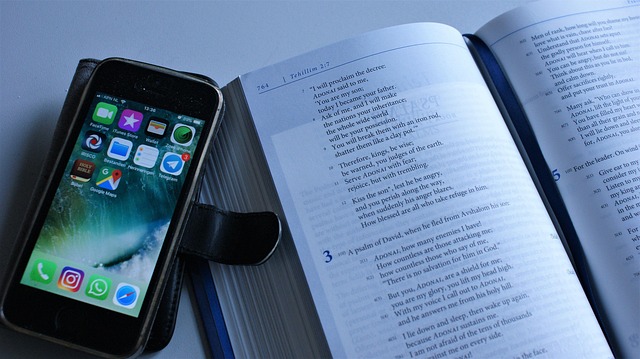In today’s fast-paced digital age, the phenomenon of perpetual distraction has become all too familiar for many. Social media, initially designed to connect us, often pulls us into a whirlwind of constant notifications and endless scrolling. Have you ever found yourself aimlessly flicking through your feed, hour after hour, only to realize the precious time has slipped away? This is the power of social media addiction, a reality that affects millions worldwide.
The allure of platforms like Instagram, Twitter, and Facebook lies not only in their ability to keep us informed but also in the way they hijack our brain’s reward system. Each ‘like,’ comment, or share feels like a tiny win, releasing bursts of dopamine that keep us coming back for more. It’s this cycle of instant gratification that feeds the perpetual distraction, pulling us deeper into a digital realm where genuine human interactions are often overshadowed by curated images and fleeting updates.
Social media impacts our mental health significantly. Studies have shown that excessive usage can lead to increased feelings of anxiety, loneliness, and depression. The incessant comparison to others’ highlight reels can distort our self-image and breed discontent. The illusion that everyone else is living their best life while we barely have time to engage with reality creates an unhealthy mindset steeped in envy.
Moreover, the addictive nature of social media can infiltrate our daily routines, disrupting productivity and diminishing our ability to focus. We grab our phones the moment we feel a moment of boredom, seeking refuge in a world of endless content rather than engaging with our surroundings. This habitual checking transforms into a cycle of perpetual distraction, stunting our creativity and critical thinking as we constantly shuttle between tasks and notifications.
But it’s essential to recognize that we have the power to reclaim our attention. Awareness is the first step towards overcoming addiction. By setting boundaries on our usage—like creating designated times for social media—and engaging in alternative activities such as reading, exercising, or spending time with loved ones, we can begin to break free from the chains of distraction. Mindfulness practices can help ground us in the present and foster deeper connections with those around us.
As we navigate this complex relationship with social media, it’s crucial to assess its impact on our lives. Can we curate our online experiences to empower rather than hinder our mental well-being? It’s time to acknowledge the perpetual distraction that threatens to overshadow our moments of joy and connection, and take deliberate steps to create a more balanced life amidst the chaos of the digital world.



